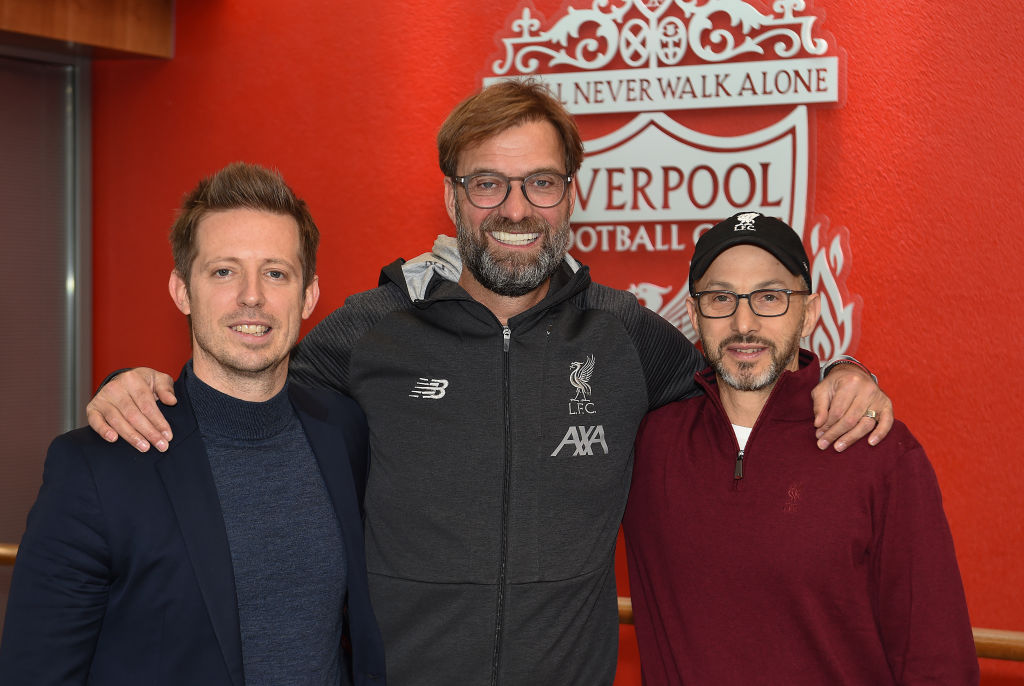
Michael Edwards turned down ’s offer of becoming their new ‘CEO of ’ because the timing was not right, according to reports.
Following Todd Boehly’s takeover of the Blues earlier this year, the new owner has removed almost all of the executive team that Roman Abramovich had appointed, with Boehly himself taking the position of chairman and interim sporting director.
One man that Boehly remains keen to bring in is Edwards, who last November announced he would be leaving his role at Liverpool after a decade.
Edwards joined Liverpool in November 2011 as head of analytics before becoming the club’s first sporting director in 2016.
He oversaw the appointment of and the Reds’ great success in the transfer market and indeed on the pitch.
During his time at Anfield, he signed the likes of Mohamed Salah, Virgil van Dijk, and Andy Robertson – with the club winning the Premier League, Champions League, FA Cup, and Carabao Cup.
According to , Edwards was ‘was interested in the scope of the role’ as CEO of Football at Chelsea but that it was not the correct time as he wishes to ‘stick to his commitment of spending time with his family’.
Edwards had also been linked to a return to football with Manchester United in recent weeks, though Sky Sports are describing those reports as ‘fiction’.
Barry McNeill, a former colleague of Edwards, recently spoke about the incredible job he did at Liverpool and why various clubs remain keen to bring him in.
‘I think he helped Liverpool’s owners see that they could manage player trading, player development and staff recruitment more effectively,’ McNeill said.
‘In some ways, he represents many new-age football people, and I think on the whole most people are encouraged by his success.
‘He’s shown that you can get to this type of leadership role with the right experiences, education and skill sets, rather than via the kind of nepotism you often find in football.’
, .
, and .



















